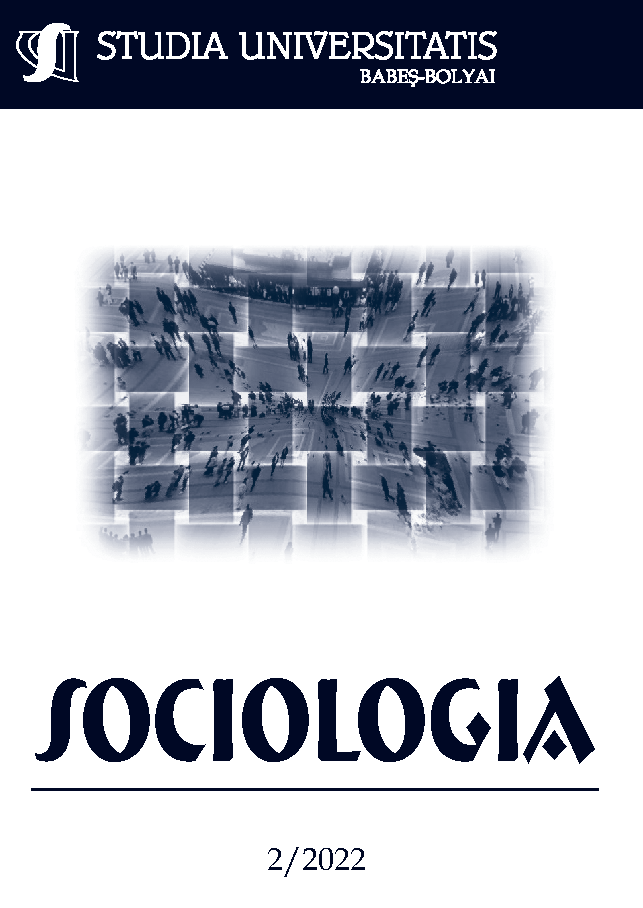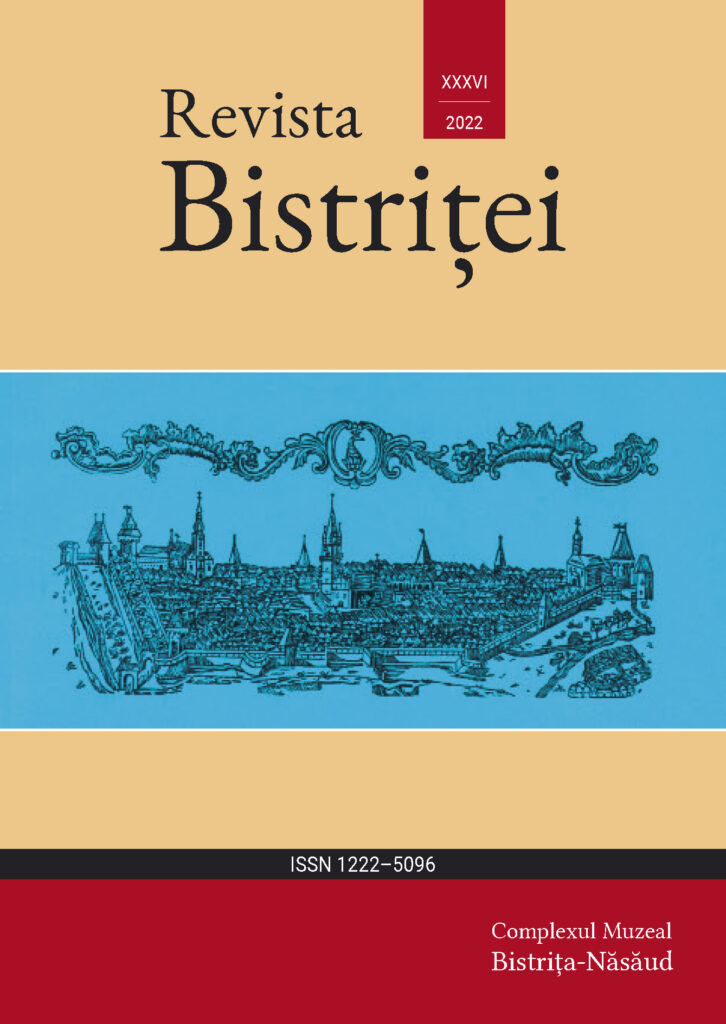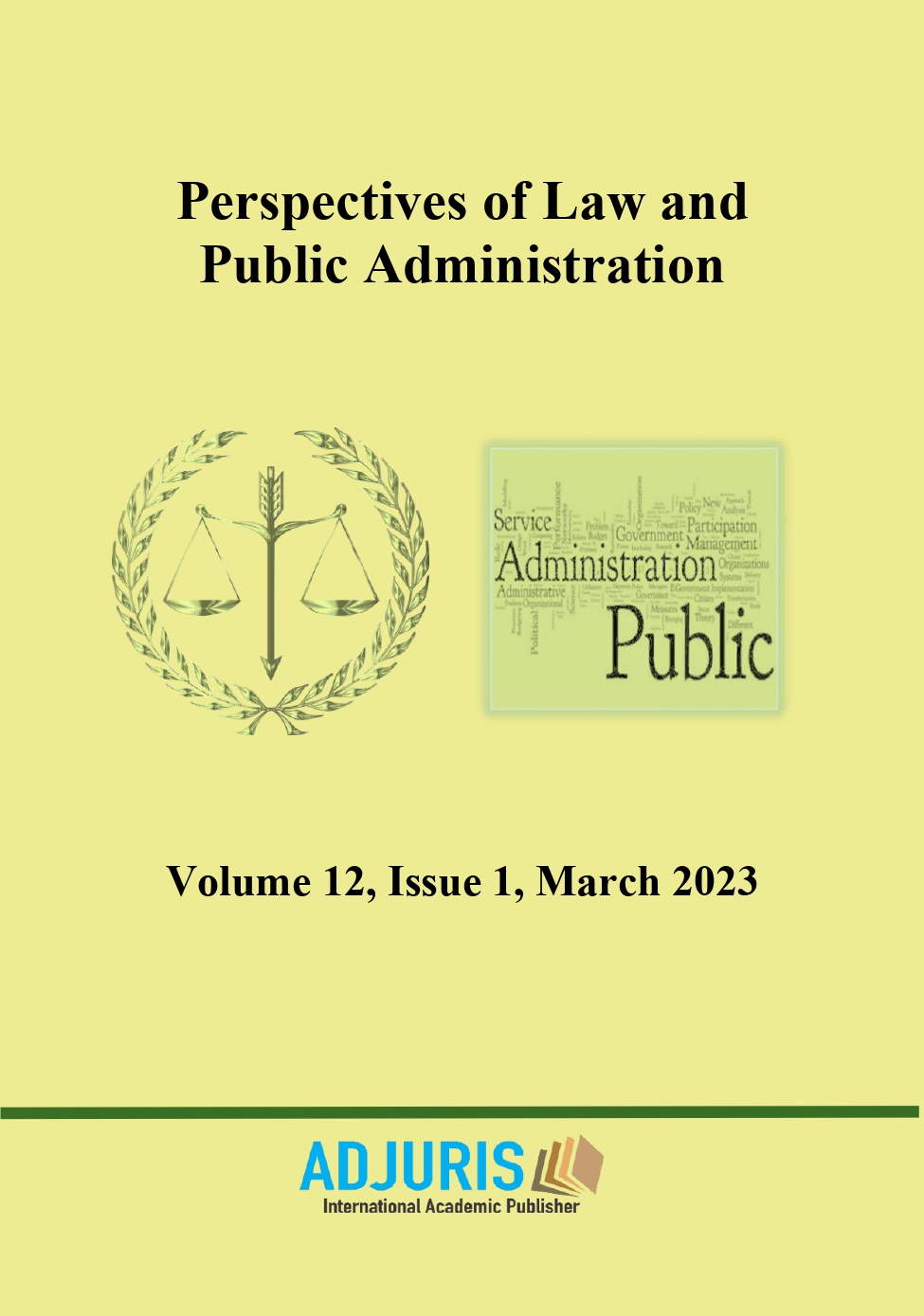
DEMOGRAPHY AND POPULATION GROWTH IN 1970’s ROMANIA: AN OVERVIEW OF DEMOGRAPHIC STUDIES PUBLISHED IN ‘VIITORUL SOCIAL’ JOURNAL
DEMOGRAPHY AND POPULATION GROWTH IN 1970’s ROMANIA: AN OVERVIEW OF DEMOGRAPHIC STUDIES PUBLISHED IN ‘VIITORUL SOCIAL’ JOURNAL
Keywords: demography; knowledge production in state socialism; French demography; politics of reproduction; population planning;
This paper looks at how demographic knowledge was articulated in the 1970s in Romania in a context shaped by both a restrictive natalist agenda and the reestablishment of institutional affiliations with western academia. An account is given of the specific institutional affiliations that coordinated and made knowledge transfers possible between French and Romanian agencies. The text then focuses on the specific vocabulary and reasoning mechanisms employed in a series of texts published throughout the 1970s in the sociological journal Viitorul Social, a monthly magazine of socialist doctrine, culture and politics. The aim is to start a discussion about the possibility that the re-establishment of institutional connections with French demographic trends in the early ᾿70s lent Romanian demographers a type of conservative scientific reasoning and vocabulary that was attuned to the natalist politics of the time. In turn, this authorised a highly politicised portrayal of working-class women as culpable for the diminishing birth-rates in Romania. The text ends by suggesting other research paths that might help situate demographic knowledge production and its ties with reproduction politics.
More...

